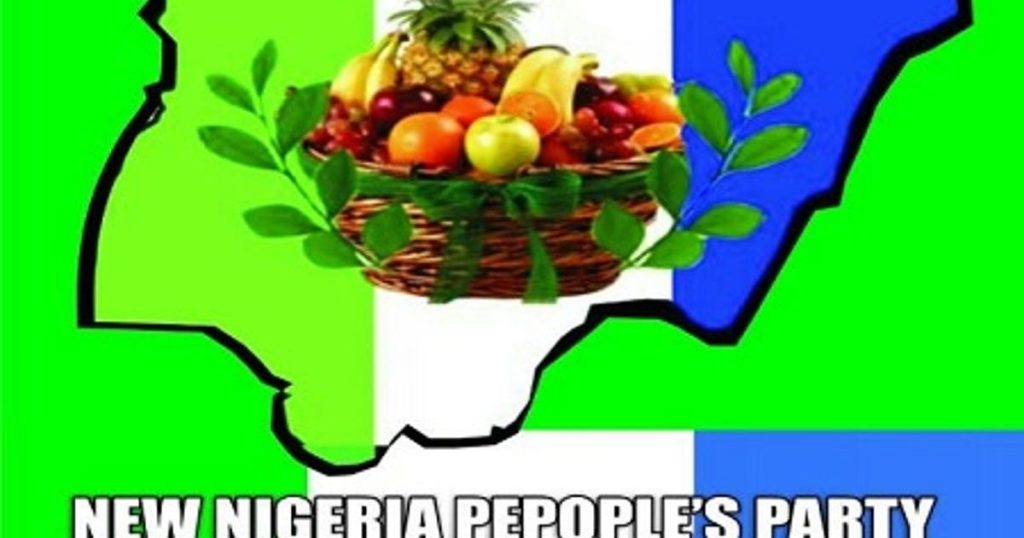The political landscape in Osun State is heating up as the New Nigeria Peoples Party (NNPP) has declared its intention to collaborate with other political parties to unseat the incumbent governor, Ademola Adeleke, in the upcoming 2026 governorship election. The NNPP, recognizing the difficulty of achieving this feat single-handedly, has expressed its willingness to mobilize support for any candidate deemed capable of winning the election, irrespective of party affiliation. This call for collaboration has been met with skepticism by the ruling Peoples Democratic Party (PDP), which dismissed the NNPP’s proposition, questioning its relevance and influence within the state’s political arena.
The NNPP’s chairman in Osun State, Tosin Odeyemi, emphasized the importance of a united front in challenging the current administration. He argued that no single party or individual possesses the strength to dislodge Governor Adeleke without a concerted effort across party lines. Odeyemi highlighted the perceived prevalence of propaganda in the state’s governance and the apparent lack of strong opposition voices willing to challenge the governor. He believes that the 2026 election presents a crucial opportunity for change, advocating for a collaborative strategy to achieve this goal. Odeyemi suggested that a strong, unifying candidate with impeccable integrity could attract votes from across the political spectrum, including a significant percentage from the PDP itself. He reiterated the NNPP’s commitment to supporting any such candidate, regardless of party affiliation, to ensure Governor Adeleke’s removal from office.
Odeyemi’s call for collaboration centers on the belief that a collective approach is essential to overcome what he perceives as the dominant influence of propaganda in the current political landscape. He suggested the existence of individuals whose reputation and integrity transcend party lines, possessing the potential to garner votes from diverse political affiliations. This cross-party appeal, Odeyemi argued, is the key to dislodging the incumbent governor. He stressed the need for a strategic alliance, bringing together various stakeholders to collectively work towards unseating Governor Adeleke. He expressed optimism that the electorate is becoming increasingly discerning and recognizes the limitations of propaganda-driven politics, indicating a potential shift in voter allegiance and an openness to supporting alternative candidates.
The PDP, however, has responded with dismissiveness to the NNPP’s overtures. The party’s spokesperson, Oladele Bamiji, downplayed the NNPP’s significance within the state, characterizing it as lacking a substantial political structure and being essentially a one-man show. Bamiji expressed confidence in Governor Adeleke’s continued popularity and the likelihood of his reelection, suggesting that any attempts to oppose him would be futile. He asserted that the governor remains highly regarded by the majority of the population due to his achievements in office, further solidifying his position for the upcoming election. Bamiji’s response effectively rejects the NNPP’s proposal for collaboration, signaling the PDP’s confidence in its ability to retain power without the need for alliances.
The contrasting perspectives of the NNPP and the PDP highlight the emerging dynamics in Osun State’s political scene. The NNPP’s emphasis on collaboration versus the PDP’s confidence in its existing support base sets the stage for an interesting contest in the 2026 governorship election. The NNPP’s strategy rests on identifying and supporting a candidate perceived as possessing broad appeal and integrity, while the PDP appears to be banking on Governor Adeleke’s perceived popularity and performance. This divergence in strategies underscores the different approaches the parties are adopting to navigate the political landscape and secure victory in the upcoming election.
The NNPP’s call for a united front against the incumbent governor signals a potential shift in the state’s political dynamics, while the PDP’s dismissal of this proposition indicates a belief in the strength of its current position. The coming months will likely witness further political maneuvering and realignments as the 2026 election draws closer. The success of the NNPP’s strategy hinges on its ability to galvanize support from other parties and identify a candidate capable of attracting a broad base of voters. Conversely, the PDP will likely focus on consolidating its existing support and highlighting Governor Adeleke’s achievements to secure his reelection. The interplay of these strategies will ultimately determine the outcome of the 2026 governorship election in Osun State.


